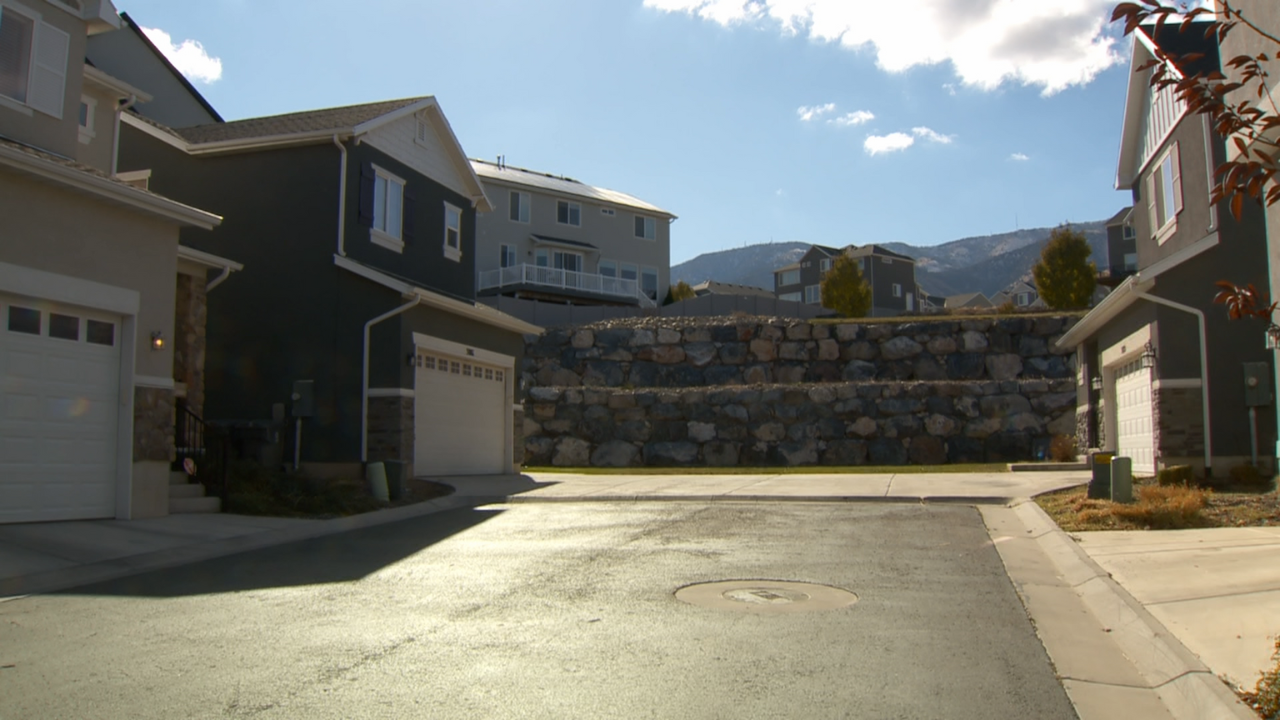SALT LAKE CITY — Utah is growing and a sign of that growth is the number of new neighborhoods popping up across the state.
If you have a house or maybe you live in one of these newer developments, you likely have heard of a Homeowner’s Association or an HOA.
The director of the Department of Commerce’s HOA Ombudsman Office says being familiar with the ins and outs of your HOA is part of the preparation of being a homeowner.
“You have to do your due diligence on the entire community, not just on the piece of property that you’re buying,” says Erin Rider. “For example, when you buy into a community, what are you buying? Are you buying just the land where the houses are or you buying the entire lot? Some communities, you’re buying the yard, a lot with a house. Some of them you’re just buying the land where the house sits. That’s important because what that means is that if you don’t own the yard, then the community has a greater say over what you can and can’t do with that yard.”
As you’re looking at houses and potentially looking to buy in one of these communities, be sure to look at the governing documents and take the time to read through them.
Those documents can include covenants, conditions and restrictions, also called CC&Rs, rules and regulations and sometimes bylaws.
It might save you a future headache to understand what the rules are before you get there.
“You also want to ask about the financial state of the HOA,” says Rider. “How much money do they have in their reserves? When was the last time they issued a special assessment? Do they have any special assessments coming up in the near future? What are the fees on average? Do they expect to raise the fees at any time in the future? Understanding that financial state is important in terms of the fees that you’re going to have to pay to the HOA, which could be a hidden cost that you’re not expecting when you move in.”
One reason the Department of Commerce created the HOA Ombudsman Office was to help increase transparency between residents and their boards.
“It’s also a good idea to find out if the HOA has had any lawsuits in the recent past. What were the issues that came up? How did they resolve them? How did the community handle disputes? That would be laid out in those governing documents, but it’s a good idea to just check and make sure this community is functioning and doing what it needs to do,” says Rider.
Rider says once you sign on, you should expect to be involved in your HOA community.
In addition, she says it’s a good idea to go to regular meetings because that’s where they take votes on any changes to the rules.
The more you are willing to participate, the more you will have a say on how things go in your community.
“If a group of homeowners wants a training on how to understand governing documents, generally we can do that,” says Rider. “If a board wants to understand what our rights and responsibilities under state law are, we can do that.”
Whether you’re a homeowner or an association, if you believe your HOA has violated state law, the Department of Commerce’s HOA Ombudsman Office can share some options with you.
You can contact them by phone or through their website here.




